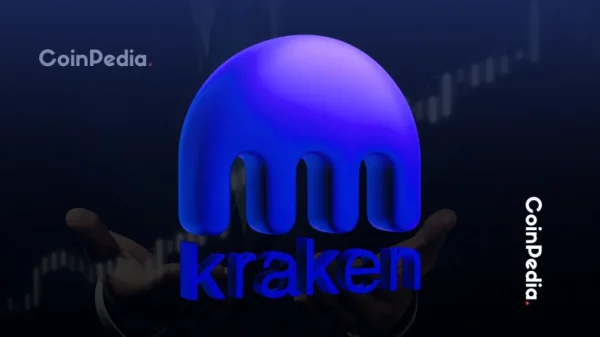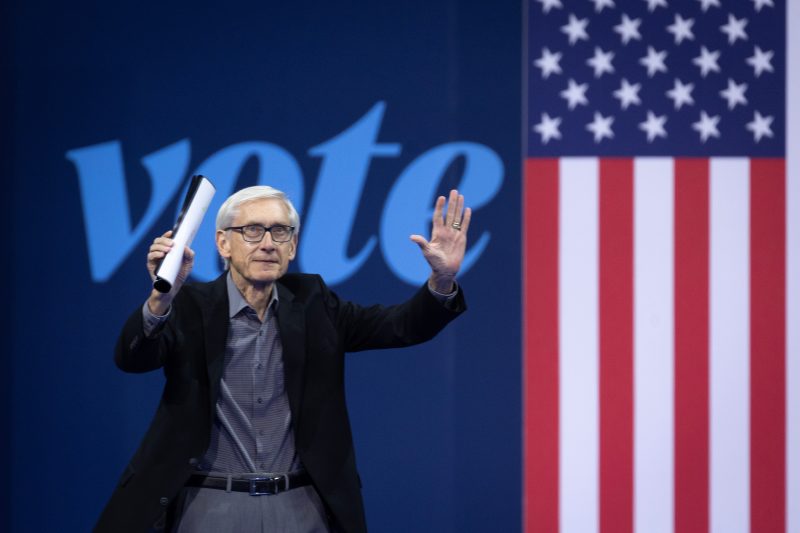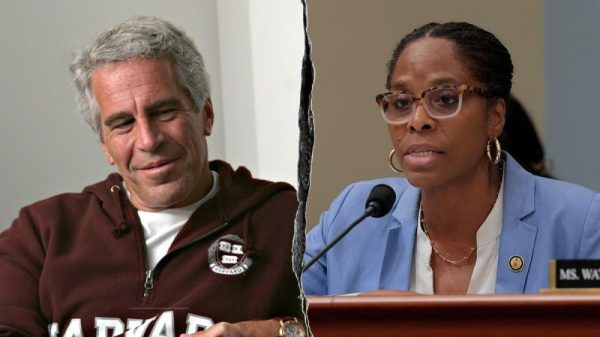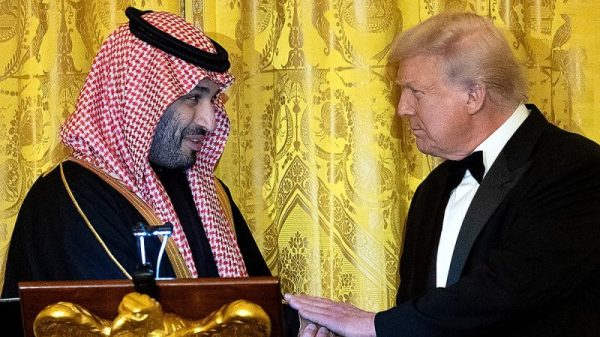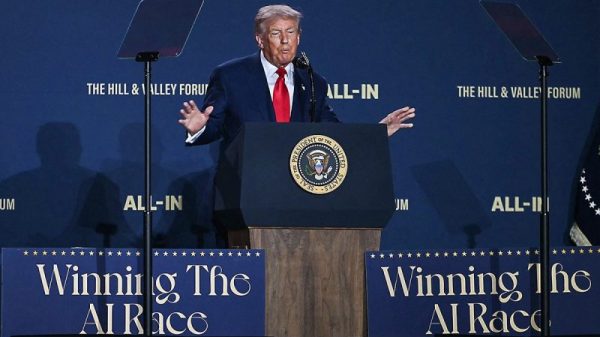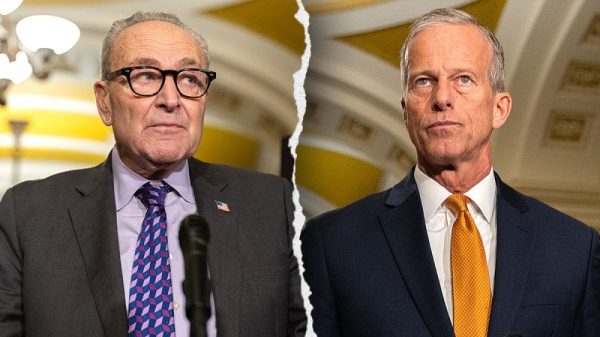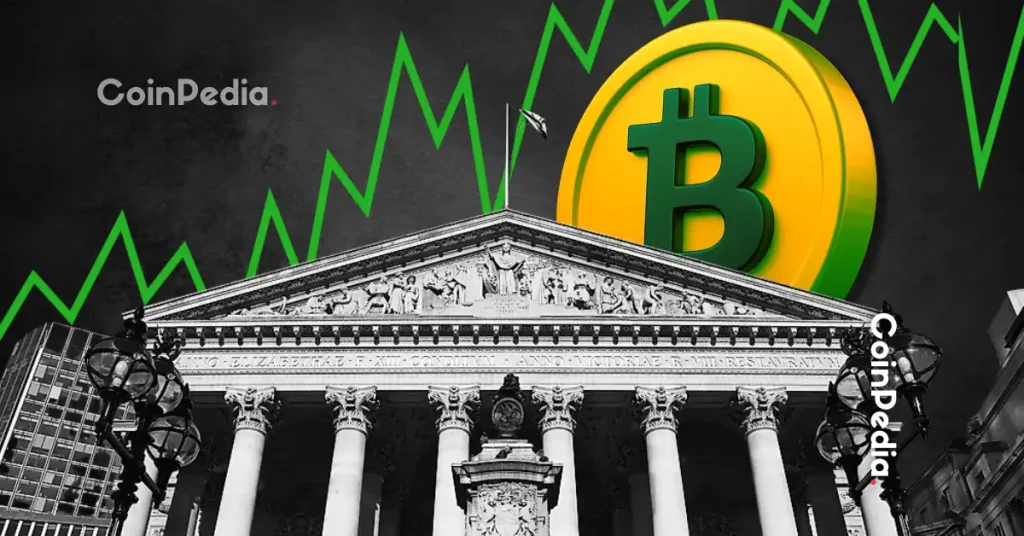The post U.S. Crypto Market Structure Bill: Tim Scott Says Senate Vote Coming Soon appeared first on Coinpedia Fintech News
The effort to define how the United States regulates crypto markets is gaining momentum again. Senate Banking Committee Chair Tim Scott says he plans to bring the long-discussed crypto market structure bill to a committee vote next month. If that timeline holds, he expects the bill to reach the Senate floor in early 2026, where it would be ready for President Donald Trump’s signature. Scott made the comments during an interview on Fox Business, emphasizing that the bill is designed to protect consumers while ensuring the U.S. stays globally competitive in the digital asset economy.
A Bill Split Between Two Committees
Unlike most financial legislation, this bill needs approval from both the Senate Banking Committee and the Senate Agriculture Committee. That’s because the proposal outlines how cryptocurrencies should be regulated under both securities and commodities frameworks. The goal is to clearly divide jurisdiction between the SEC and the CFTC while introducing a new category, “ancillary assets”, to help identify which crypto tokens should be treated as non-securities. Scott argues that the clarity offered by the bill will support innovation while giving regulators a unified rulebook to work from.
Political Tensions Slow Progress
Scott criticized Democrats for delaying progress earlier in the year, claiming they did not want Trump to play a leading role in shaping U.S. crypto policy. He insists the bill is not about politics but about establishing rules that give consumers confidence and position America to remain economically strong. The Senate is now trying to build a bipartisan pathway forward, especially since Republican votes alone won’t be enough to advance the legislation.
Democrats Propose Alternative Approach
While bipartisan talks continue, a draft proposal from Senate Democrats was leaked recently. Their version focuses heavily on decentralized finance (DeFi), calling on the Treasury Department and other regulators to define when an individual or entity holds enough influence to be responsible for compliance. The draft received strong pushback from the crypto community, with many arguing that the language could effectively shut down DeFi in the U.S.
Also Read : Why the U.S. Is Hesitant to Buy Bitcoin While Other Nations Race to Build Strategic BTC Reserves ,
Industry Engagement Rises
Moreover, both parties have recently held meetings with industry leaders to refine their approaches. Kristin Smith, President of the Solana Policy Institute, said that several Democratic senators are committed to completing the legislation and are open to continued dialogue. With pressure increasing from both industry players and policymakers, December’s committee vote could mark a major turning point in the long-running effort to formalize U.S. crypto market structure.
Crypto Impact
With Bitcoin trading at $91,225 in a shaky market, progress on the Senate’s crypto bill could bring a small dose of stability. Clearer rules may help calm investor nerves, but political delays and uncertainty, especially around DeFi, mean the news is unlikely to lift prices right now. Instead, it sets the stage for a healthier market once conditions improve.
Never Miss a Beat in the Crypto World!
Stay ahead with breaking news, expert analysis, and real-time updates on the latest trends in Bitcoin, altcoins, DeFi, NFTs, and more.
FAQs
Q1: What is the U.S. crypto market structure bill?
The bill sets clear rules for regulating cryptocurrencies, defining which tokens are securities, commodities, or ancillary assets.
The SEC handles securities, the CFTC handles commodities, and a new “ancillary assets” category clarifies non-securities.
The Senate Banking Committee plans a vote next month, aiming for full Senate approval in early 2026.
Clearer rules could boost investor confidence, but political delays mean immediate price impacts are unlikely.

